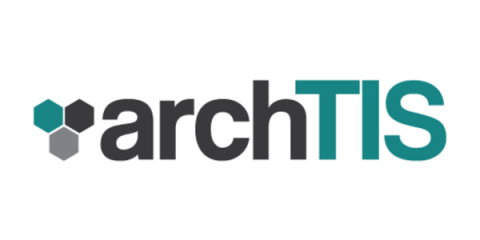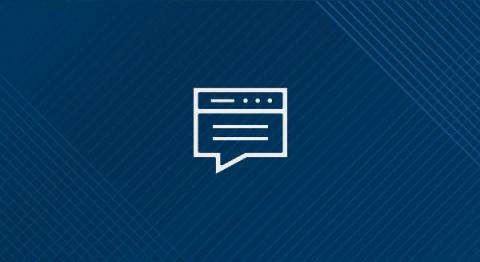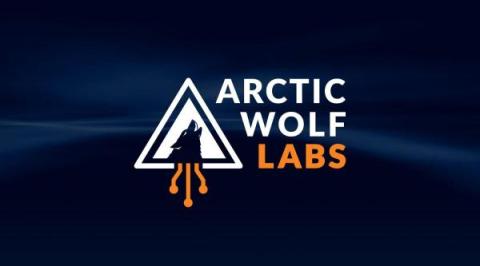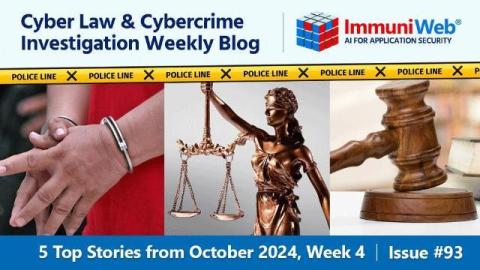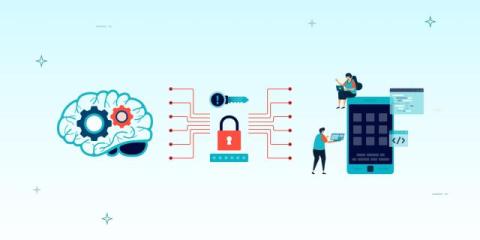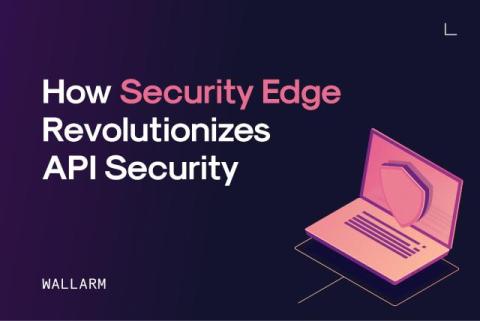Friday Flows Episode 37: How GitLab saved 1000s of Hours and Beat Alert Fatigue
This week on Friday Flows, host Cameron Higgs takes a deep dive into the top Tines workflows powering GitLab's incident response team. The time savings are undoubtedly impressive, but the long-term benefits are equally impactful: Standardizing processes to improve consistency Reducing alert noise, helping to reduce burnout likelihood Improving documentation to better support incident response.



